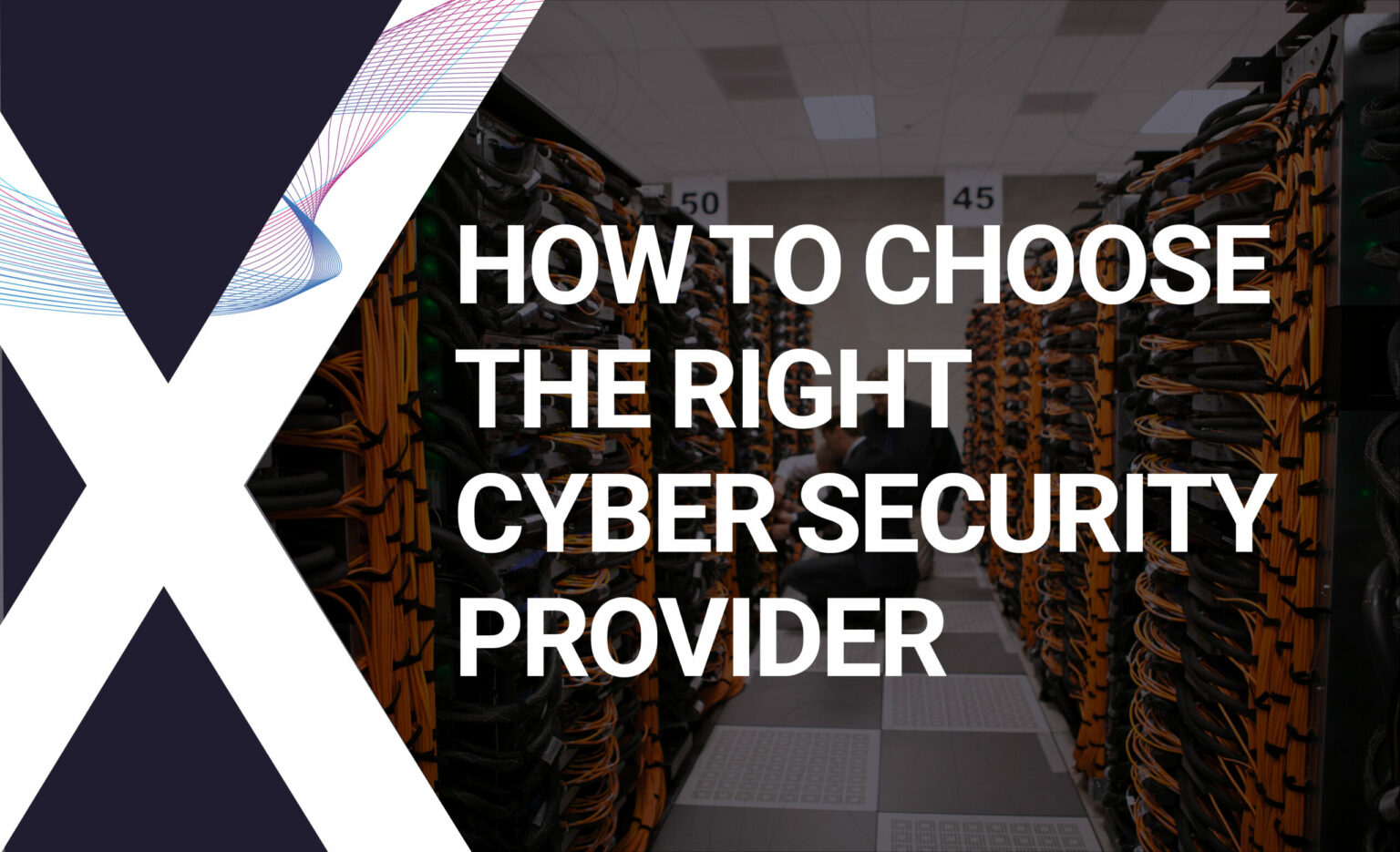In 2021, the likelihood is that almost every aspect of your business depends on some form of external connectivity. Whether through Software as a Service (SaaS) solutions, Application Programming Interface (API) integrations or Cloud computing, these digital links provide a previously undreamed of levels of expansion and possibility. But they also expose your business data to ever increasing risk.
The nature and volumes of data transfer taking place nowadays means almost nobody operates their own, wholly-owned data centre, but you have a responsibility to know where your data is flowing to and who is potentially in contact with it during transfer.
Not only do you need to ensure your own systems are safe, but those of your supply chain and clients also pose the potential to corrupt and disrupt. Cyber attacks are on the increase in proliferation and frequency, and their effects can spread like wildfire, impacting even companies that are apparently unconnected to the initial targets.
To ensure the data your company deals with is effectively safeguarded, a strategic approach is required that begins as early as possible in your planning process to offer all your stakeholders the chance to participate.
Keep the chain unbroken
While all of us may consider ourselves tech-savvy these days, most are unaware of the levels of risk that are implicit in the devices and networks we use. That’s why staff training is critically important as an active line of defence for your organisation.
Cyber security training is crucial for everyday users as well as those making strategic and purchasing decisions to identify and mitigate possible risks. The chain of protection guarding your business against malicious agents includes every one of your employees and like any chain it is only as strong as its weakest link.
This chain is also likely to extend beyond your home territory, so you will need to ensure compliance with regulations in different geographical markets, whether they are ones you currently operate in or those you want to target in future. This needs to be assured both internally and at your proposed vendor, so you don’t leave yourself unknowingly exposed to differences, such as between UK and EU GDPR.
Keep up to speed with risk
When considering the services of various possible partners, set out a list of minimum requirements that your operation needs from them. This list may include such aspects as: security training for your staff, secure development policies, lifecycle management, asset management, penetration testing and multi-factor authentication.
The threat landscape today moves too fast to rely on annual audits to ensure the security of your data – it’s no good looking back on a damaging event six months after it has taken place. A more proactive and iterative approach is advised in order to increase your capacity to remediate risk, ultimately saving your organisation time and money.
Regular, standards-based reassessment is vital in order to keep your information safe against ever more rapidly evolving threats. As well as an annual audit, quarterly IT reviews can provide important indicators of your IT security posture.
Accreditation and compliance
There is no value in trusting your security to a company that can’t prove its credentials, so make sure your vendor is properly accredited. General Data protection Regulations (GDPR) came into force around five years ago, outlining the obligations of companies when it comes to protecting the personal information of individuals.
Any bona fide Cyber Security should be able to demonstrate that they ‘practice what they preach’, and standards and schemes play an important part of any organisation’s security posture. A company certified to the ISO 27000 family of standards demonstrates an ongoing commitment to cyber assurance and information security. ISO27001 is not an easy certification to achieve and requires ‘buy in’ and commitment at board level to maintain and develop.
Cyber Essentials and Cyber Essentials Plus are championed by the UK National Cyber Security Centre (NCSC). These certifications demonstrate a commitment to technical aspects of cyber assurance – software patching and vulnerability analysis to name but two. Any provider wishing to offer consultancy services to business should have these accreditations and certifications in place to give customers confidence that the advice and guidance they are being given is commensurate with today’s cyber threat landscape.
See what Xpertex can offer your company
Xpertex is a leading Information Assurance and Cyber Security company that also specialises in Secure Government and Secure Product Fulfillment. From sensitive customer data to PCI DSS financial data, Xpertex’ expert team provides consultancy advice and technology products on large scale commercial and government projects, working alongside some of the leading corporations in this area to deliver world-class solutions.
To find out how we can bring peace of mind to your operations, call +44 2030 210 749
